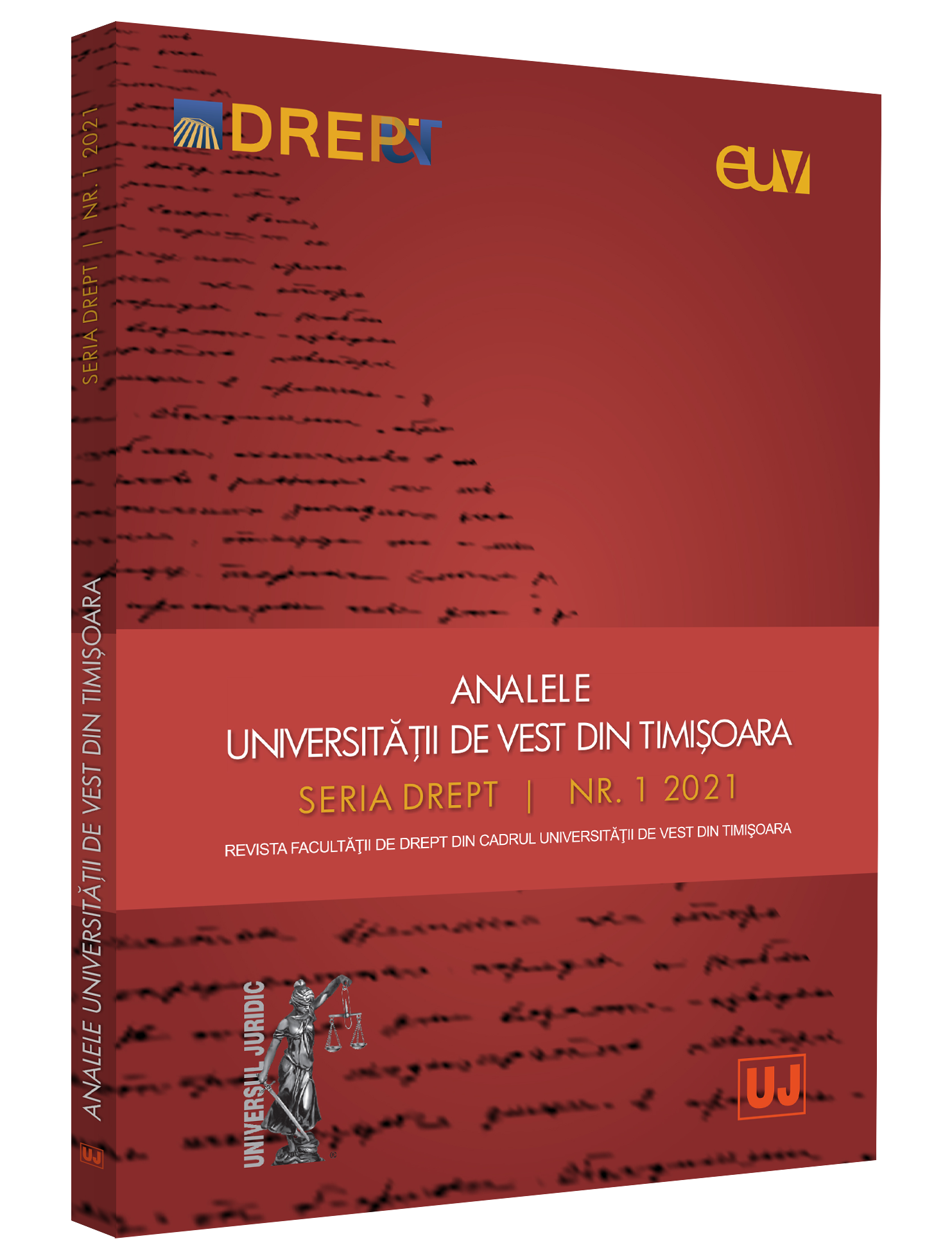Grămada lui Eubulide şi pragul onerozităţii excesive
Eubulide's pile and excessive onerosity threshold
Author(s): Maximilian-Andrei DrutaSubject(s): Civil Law
Published by: Universul Juridic
Keywords: imprevision (hardship); excessive; onerous; threshold; vagueness; paradox;
Summary/Abstract: In the content of art. 1.271 para. (2) of the Romanian Civil Code, which enshrines the imprevision (hardship), the legislator chose the wording „excessively onerous” in relation to the execution of the contract in case of imprevision, which may be the result of increased costs of execution of the debtor's obligation, the decrease of value of the counter obligation or both. This wording is vague, as we will demonstrate in this article, because no criteria have been indicated that the judge can use to establish the threshold between more onerous, when the principle pacta sunt servanda will be applicable with the same force as at the beginning, and exccesively onerous, when the contingency may mitigate or even remove ex nunc the binding force of a contract. In order not to leave room for unpredictability and arbitrariness in the way the debtor, ex ante, and the judge, ex post, must determine whether an obligation has become excessively onerous, I have presented, with the help of logic and rudimentary mathematical formulas, a set of criteria and ways to identify the threshold of excessive onerosity in particular cases.
Journal: Analele Universității de Vest din Timișoara - Seria Drept
- Issue Year: 2021
- Issue No: 1
- Page Range: 107-126
- Page Count: 19
- Language: Romanian

